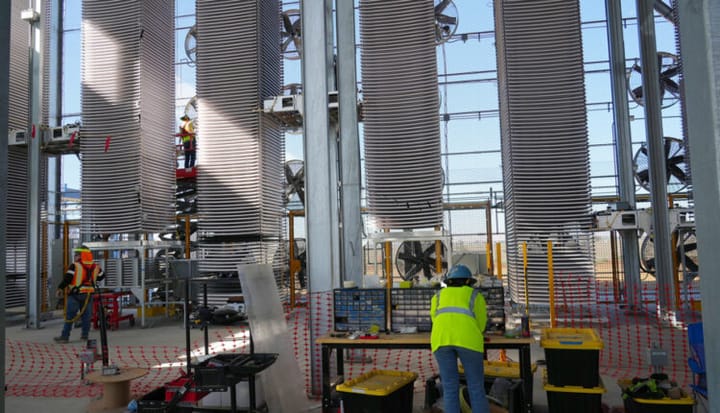A Boston Startup's Innovative Approach to Carbon-Free Cement Production
Cement, an essential component of the 30 billion tons of concrete used globally each year, accounts for about 8% of the world's carbon emissions.

Sublime Systems CEO Leah Ellis explains that the carbon footprint of cement production is largely due to the traditional manufacturing process, which involves massive fossil fuel-fired kilns, often powered by coal, and the decomposition of limestone at extremely high temperatures. This process not only emits CO2 from the burning of fossil fuels but also from the mineral emissions of limestone, which is 50% CO2 by weight.
Sublime Systems' technology, developed from postdoctoral work at MIT, offers a groundbreaking alternative. By leveraging electrochemistry and renewable energy, the startup has devised a method to produce cement at ambient temperatures, eliminating the need for high-temperature kilns and, consequently, the associated CO2 emissions. This "electric vehicle of cement-making" digests any rock containing calcium at ambient temperatures, powered by electricity, to produce active cement powders without the CO2 emissions from heat and minerals.
The end product is designed to be a drop-in replacement for Portland cement, matching or exceeding industry standards in strength, set time, flow, and durability. While the fresh cement has a different crystal structure due to the absence of kiln processing, it does not affect the performance of the final concrete product.
Sublime Systems has progressed from producing a gram of cement to a pilot plant capable of producing 250 tons per year. The company is now planning to build a commercial plant in Holyoke, Massachusetts, with a capacity of 30,000 tons a year, marking a significant step towards scaling up this innovative technology for broader use.
Source: GBH



